Podcast: Play in new window | Download (Duration: 28:28 — 19.7MB) | Embed
Subscribe: Apple Podcasts | Spotify | Amazon Music | Android | Pandora | iHeartRadio | JioSaavn | Podchaser | Gaana | Podcast Index | Email | TuneIn | Deezer | Anghami | RSS | More

Reflecting on the Day with God – The Daily Prayer of Discernment: The Examen Prayer with Fr. Timothy Gallagher
Fr. Timothy Gallagher and Kris McGregor discuss how consistent prayer fosters a deeper relationship with God, with each type of prayer—be it Mass, the Rosary, or scripture reading—adding its unique richness. The Examen prayer, in particular, cultivates an awareness of God’s presence throughout the day.
The third step of the Examen is the review of the day. This step involves reflecting on the events of the day to discern where God was present and where temptations or spiritual desolations occurred. Fr. Gallagher explains that this practice helps us become more aware of our spiritual experiences, leading to greater discernment in our lives.
Fr. Gallagher then introduces the concepts of spiritual consolation and desolation as described by St. Ignatius of Loyola. Spiritual consolation includes feelings of joy, hope, and closeness to God, while spiritual desolation involves feelings of abandonment, darkness, and spiritual dryness. He shares two examples: one of spiritual consolation, where a simple email exchange resolved an unresolved tension and led to a deeper connection, and one of spiritual desolation, where he felt heavy and discouraged during a retreat but recognized the need to avoid making decisions in such a state.
Discerning Hearts Reflection Questions
- How does the Examen prayer deepen our awareness of God’s presence in our daily lives?
- How can you incorporate a daily practice of gratitude into your prayer life?
- How does seeking divine insight transform your understanding of your spiritual experiences?
- How can reviewing your day with God help you identify moments of spiritual consolation and desolation?
- How can familiarizing yourself with St. Ignatius’ 14 Rules for the Discernment of Spirits enhance your practice of the Examen?
- Reflect on a recent experience of spiritual consolation and how it affected your spiritual life.
- How can understanding moments of spiritual desolation help you respond more effectively and seek God’s presence?
- How can you integrate the steps of the Examen prayer into your daily routine?
- How can the Examen prayer lead to spiritual growth and a deeper connection with God?
- Reflect on a specific instance where you could apply the steps of the Examen and how it might change your perspective and response.

As outlined from the Spiritual Exercises of St. Ignatius of Loyola
(translated from the autograph by Fr. E. Mullan, S.J. 1909 in the public domain)
METHOD FOR MAKING THE GENERAL EXAMEN
It contains in it five Points.First Point. The first Point is to give thanks to God our Lord for the benefits received.
Second Point. The second, to ask grace to know our sins and cast them out.
Third Point. The third, to ask account of our soul from the hour that we rose up to the present Examen, hour by hour, or period by period: and first as to thoughts, and then as to words, and then as to acts, in the same order as was mentioned in the Particular Examen.
Fourth Point. The fourth, to ask pardon of God our Lord for the faults.
Fifth Point. The fifth, to purpose amendment with His grace.OUR FATHER.
Father Timothy M. Gallagher, O.M.V., was ordained in 1979 as a member of the Oblates of the Virgin Mary, a religious community dedicated to retreats and spiritual formation according to the Spiritual Exercises of St. Ignatius. Fr. Gallagher is featured on the EWTN series “Living the Discerning Life: The Spiritual Teachings of St. Ignatius of Loyola”. For more information on how to obtain copies of Fr. Gallaghers’s various books and audio which are available for purchase, please visit his website: frtimothygallagher.org

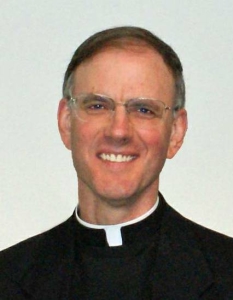 Fr. Gallagher continues to discuss the fourth step – FORGIVENESS. Then we approach the fifth step – RENEWAL – which is how we move forward after our encounter with God in our prayer.
Fr. Gallagher continues to discuss the fourth step – FORGIVENESS. Then we approach the fifth step – RENEWAL – which is how we move forward after our encounter with God in our prayer.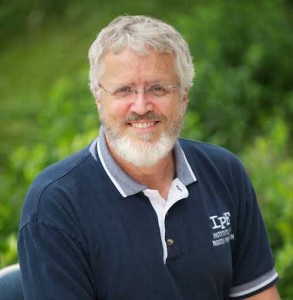
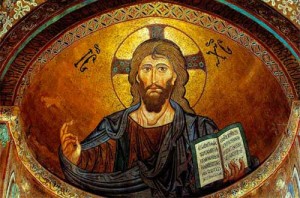


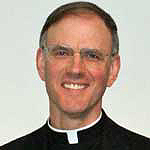
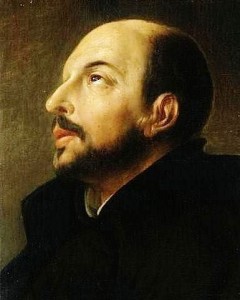
 For other episodes in the series, visit
For other episodes in the series, visit 


